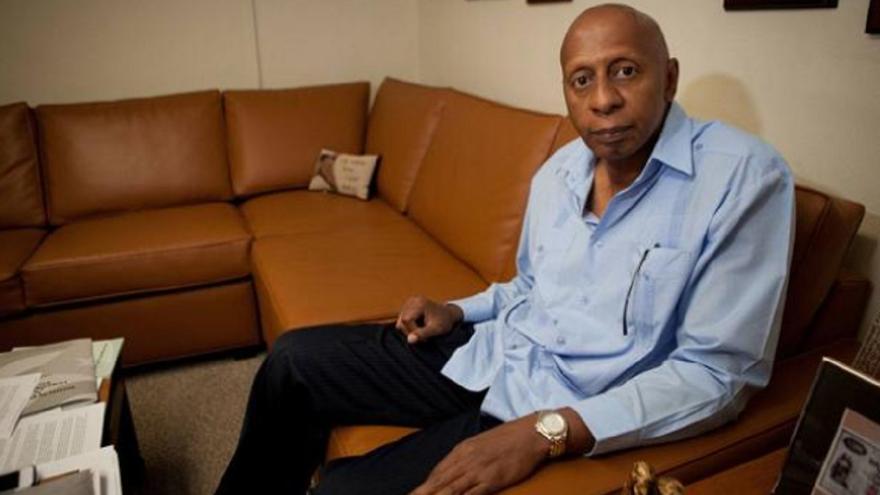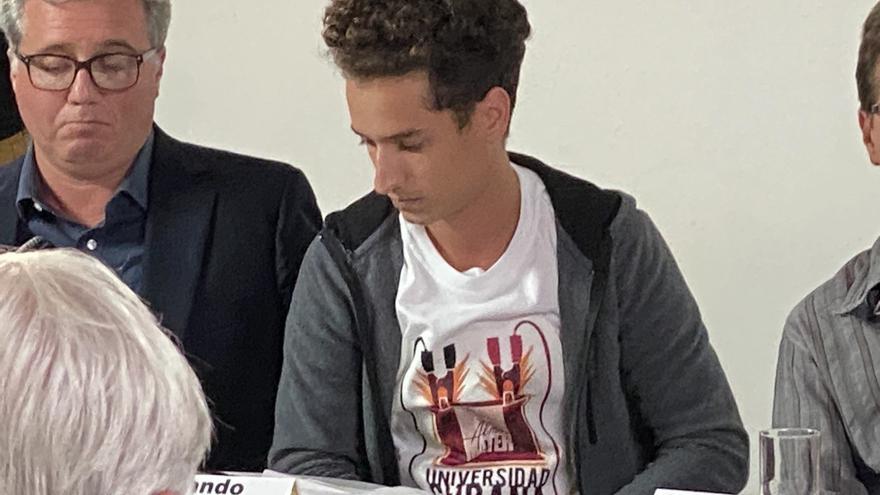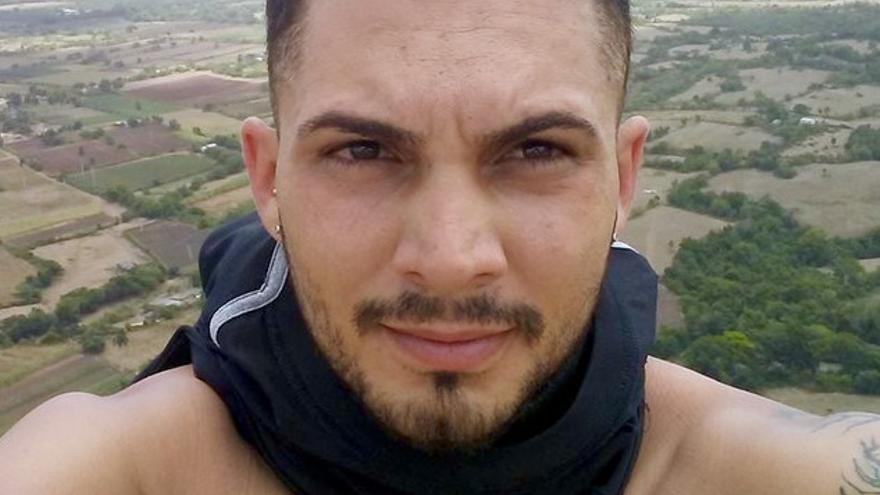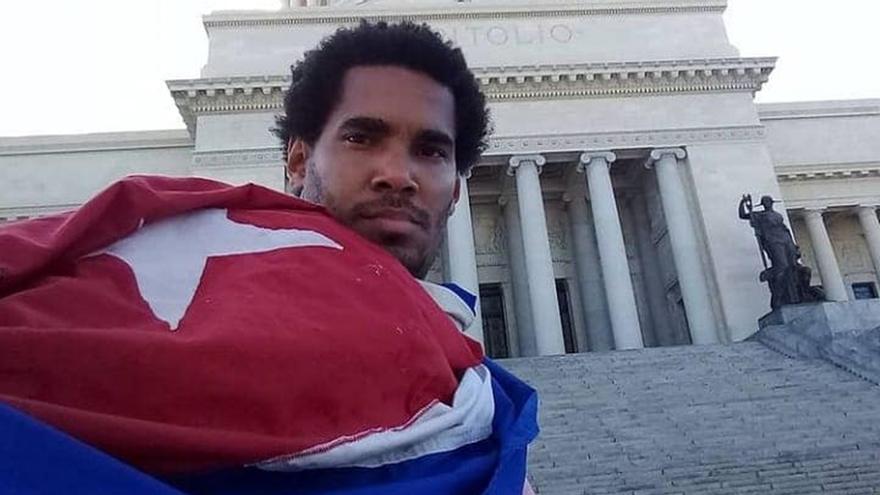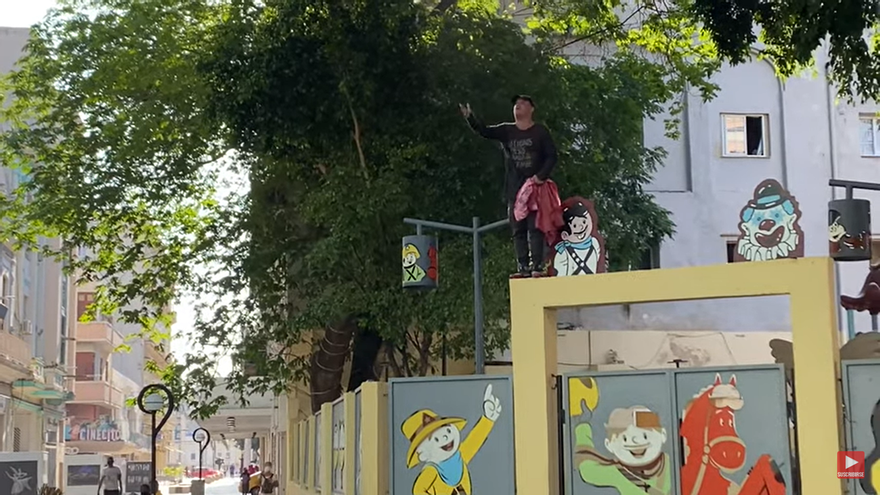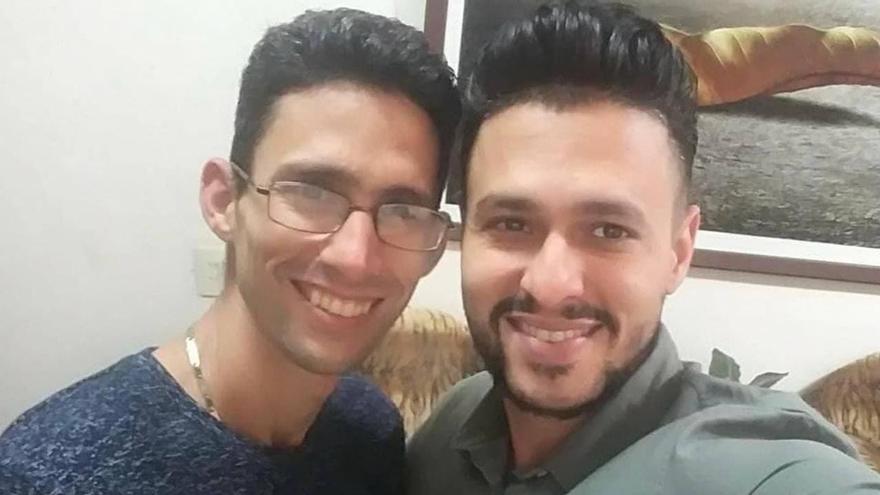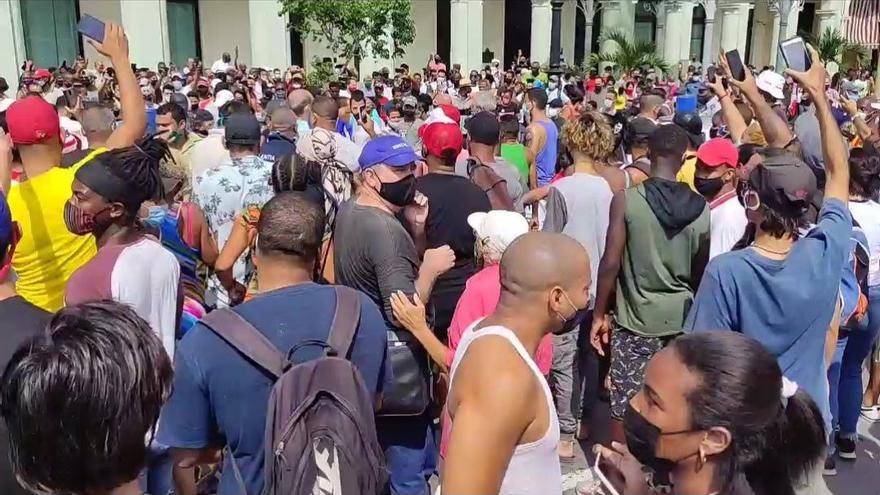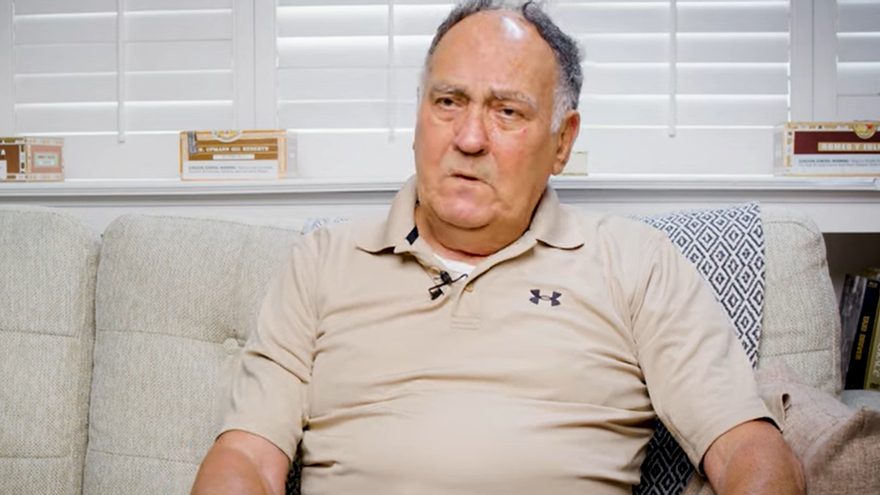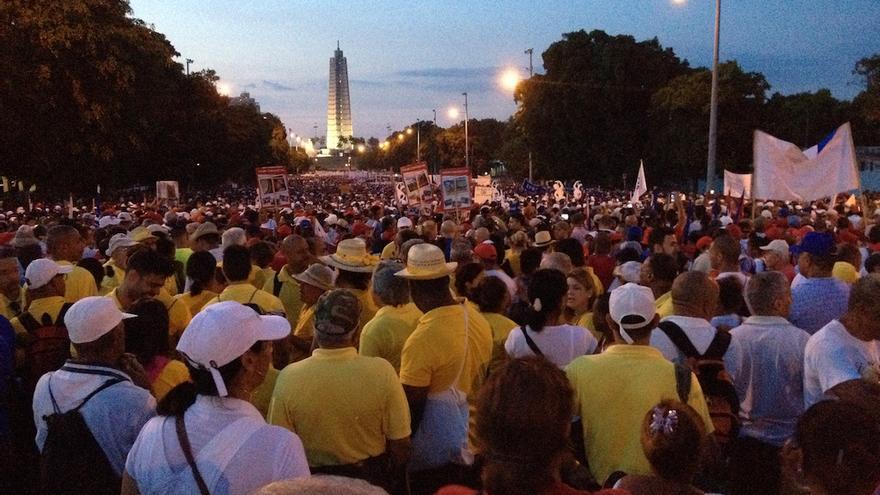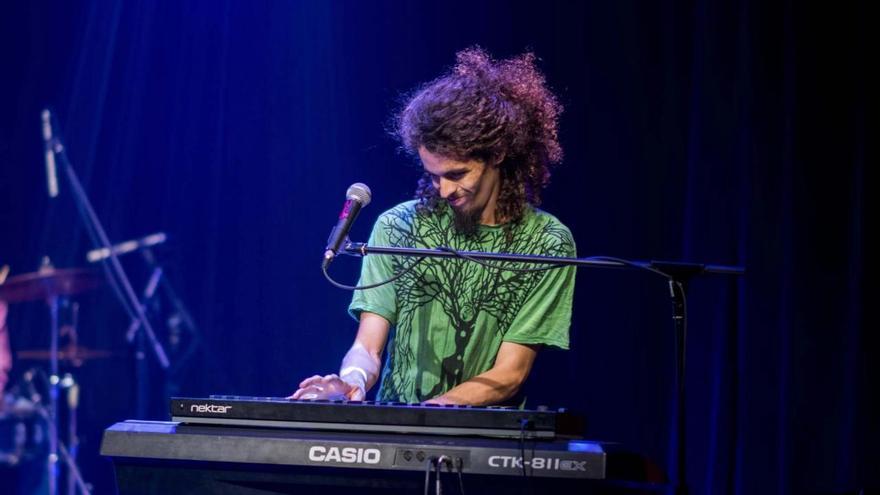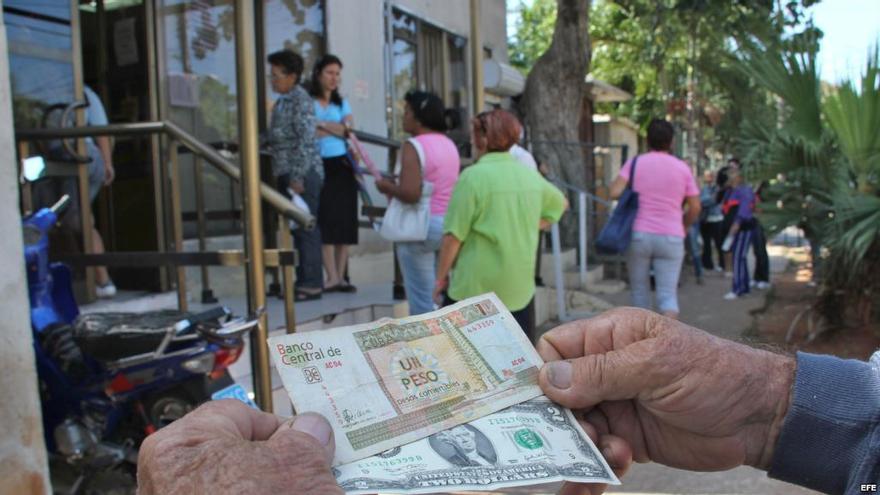
![]() 14ymedio, Madrid, 18 May 2022 — Ending the limits on remittances sent from the U.S. to Cuba — one of the measures announced by Washington on Monday, in addition to resuming flights — seems to be one that could have the greatest impact on the Island. It is for the benefit of Cuban families, which are going through hardship, but it is feared that the regime will take advantage of the situation to regain a major source of income, second only to the medical services it commercializes in many countries.
14ymedio, Madrid, 18 May 2022 — Ending the limits on remittances sent from the U.S. to Cuba — one of the measures announced by Washington on Monday, in addition to resuming flights — seems to be one that could have the greatest impact on the Island. It is for the benefit of Cuban families, which are going through hardship, but it is feared that the regime will take advantage of the situation to regain a major source of income, second only to the medical services it commercializes in many countries.
“We must remember that half of the remittances arrive by ‘mulas’ [mules]. No one in their right mind wants to do it through legal means. The official exchange rate is at 25 pesos to the dollar whereas in the street it is at 100. Who should send dollars legally?” explains Emilio Morales, of the Havana Consulting Group.
A search on social media is enough to see where things stand. “In the U.S. for $110, they deliver in Cuba 10,500 pesos, or for $115 they deliver $100.” “Deposit $130 abroad and we will deposit 100 MLC* [into your account] or, if you prefer, 11,000 pesos. For every 100 dollars, receive 10,000 pesos, for 130 dollars receive 100 [dollars in your account].”
The list of offerings is infinite, but the quantities are similar. In the parallel market, intermediaries or mules charge up to 30% commission, but the money received is golden, since, on average, it is at four times the official exchange rate. continue reading
Official foreign currency exchange business has been partially stalled since 2019, under orders from then President of the United States, Donald Trump, who imposed a limit of $1,000 per person per quarter. Furthermore, he also prohibited business deals which involve Cuban military personnel.
This was the case for Fincimex, included on the U.S. Treasury Department’s black list in June of 2020. Up until that point, the entity managed the flow of currency, mostly through Western Union, which decided in October of that same year to close its outlets when faced with the sanctions that would apply if they continued operating. The permanent closure took place at the end of November.
The events coincided with border closures due to the pandemic, which continued for part of that year and 2021 and affected the amount of currency received by the Government. According to data from the Havana Consulting Group, in 2019 deliveries of currency sent in cash exceeded $3.171 billion, while deliveries of merchandise were about $2.9 billion, a combined total of $5.071 billion. In 2020, this declined by more than 54%, with a combined total of only $2.967 billion. In 2021, currency received barely exceeded $1 billion, 70% less than two years ago.
The Cuban government made an important move, which will allow it to regain some income, removing the military from the equation, but it has systematically maintained control over a portion, which amounts to more than 6% of the GDP, according to several independent organizations. Some associations proposed that the deposits be centralized in a European entity, in a trust that would guarantee it would not end up in the hands of the regime. But this solution was not considered either.
In February, the Gaceta Oficial published a resolution of the Central Bank of Cuba, which authorized a new entity, Orbit S.A., to “manage and make international transfers from abroad through its own infrastructure.” The company had one month to present its registration, but nothing has been heard about it since, much less who is hiding behind that name.
Another attempt, from abroad (Canada), was RevoluPay, an app from RevoluGroup, created by Emilio Morales himself, which promised to circumvent the military, but which was not without controversy and mistrust.
In the interim, other things have happened. Implementation of the so-called ‘Ordering Task’** in January 2021, which assumed, among other things, that unifying the currency would maintain the exchange rate between the local peso and the dollar at 24 to 1. That has never been realistic and the measures had not yet taken effect when economists began to warn that the informal currency market would dictate the dollar’s true value.
Since then, the value of the American currency began to increase at a steep pace and six months later it was trading in parallel markets at 70 pesos. Half a year later, in January 2022, it had exceeded 100.
Companies that send remittances have not announced any plans following Biden’s announcement. Their commissions have been between 5% for Western Union and 10% for AIS Remesas, the option recommended by the Government until it temporarily stopped offering services in October 2021 and no updates have been provided since then. The regime used to charge a 10% commission for the service and an additional 3% for dollars, however that route has been on hold until now. Other options were to send Canadian dollars from Canada or euros from Europe, though these were the minority.
Nonetheless, the reopening of borders has put the mulas, once again, in the market and their service is more acceptable — including the large amount of cargo they bring to the Island to nourish markets — despite the high commission, because the currency can be sold at rates 4 or 5 times higher than the official rate. The ball is in the Cuban government’s court to create a better alternative if it wants to recoup a very juicy business.
Translator’s notes
*MLC (Moneda Libremente Convertible) is freely convertible currency, that is foreign currency such as dollars or euros.
**Tarea ordenamiento: The [so-called] ‘Ordering Task’ is a collection of measures that include eliminating the Cuban Convertible Peso (CUC), leaving the Cuban peso as the only national currency, raising prices, raising salaries (but not as much as prices), opening stores that take payment only in hard currency which must be in the form of specially issued pre-paid debit cards, and many other measures related to the Cuban economy.
Translated by: Silvia Suárez
____________
COLLABORATE WITH OUR WORK: The 14ymedio team is committed to practicing serious journalism that reflects Cuba’s reality in all its depth. Thank you for joining us on this long journey. We invite you to continue supporting us by becoming a member of 14ymedio now. Together we can continue transforming journalism in Cuba.


